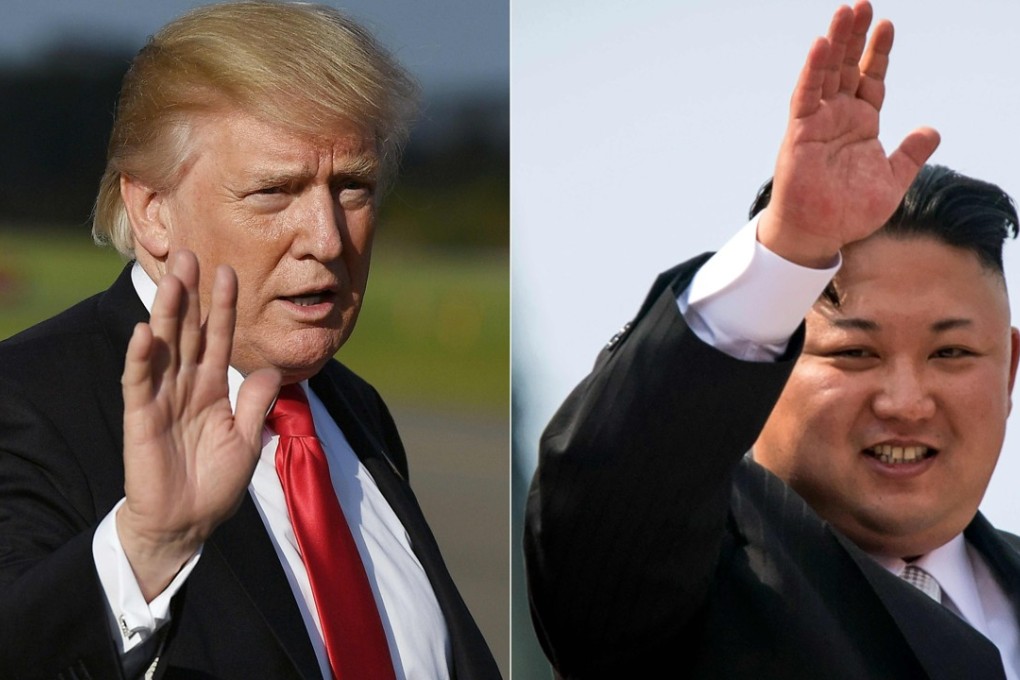Advertisement
What next from Kim Jong-un, as Trump piles on the pressure over North Korea’s nuclear programme?
Donald Kirk says there is likely to be no end to the debate on what effect, if any, US sanctions or terror labels may have on North Korea’s nuclear ambitions. However, hopes are that the renewed pressure will prevent any nasty surprises
Reading Time:3 minutes
Why you can trust SCMP

To sanction or not to sanction North Korea? Pro-sanction people are saying the latest round of US measures against the North may indeed bring enough pressure on Kim Jong-un to agree to talks about giving up his nuclear programme and missiles. The anti-sanctionists say such pressure never works, and may tempt Kim instead to test still more missiles, just to prove what a great and independent leader he is.
Advertisement
We’re never going to hear the end of this debate. Nor will we ever get any definitive answers. If Kim does order another test of a long-range missile capable of carrying a warhead to the US, who will know for sure if sanctions or the absence of them would have made a difference? And, if he doesn’t test another long-range missile, can anyone tell if he put off the idea just because the sanctions were really hurting?
It’s all a guessing game, in which President Donald Trump’s decision to restore North Korea to the US State Department’s list of “sponsors of terror” adds colourful quotes to the argument. If nothing else, it helps Trump score rhetorical or propaganda points. Proponents of a strong US policy think he has done what’s needed to bring Kim to his senses and bow to the demands of just about every leader on Earth.
If Kim dies, don’t ask CIA; if he fires a missile, read manga
After briefly making headlines in the US, however, these gestures do not appear really to have advanced the story. Certainly, a few more Chinese companies may be constrained from doing business with North Korea, and certainly North Korean leaders do not like the “terror” label now any more than they did in 2008, when then US president George W. Bush ordered the removal of the North from the list.
Bush was persuaded by Condoleezza Rice, then secretary of state, that removing the North from the list would provide Pyongyang with enough face to abide by agreements hammered out by US delegation head Christopher Hill in six-party talks, to give up its nuclear programme on a carefully devised timetable. Hill also got the US Treasury Department to remove constraints that had forced Banco Delta Asia in Macau to freeze millions of dollars in North Korean accounts.
Former US and Japanese nuclear negotiators warn that Kim Jong-un deserves no ‘carrots’
Anyone could have seen that Hill, looking for a place in history as the diplomat who got the North to give up nuclear ambitions, was more or less out of his mind. What made him imagine that then leader Kim Jong-il, the father of Kim Jong-un, would ever abide by such a deal? Had he not totally ignored the 1991 North-South agreement on denuclearisation of the Korean peninsula and then violated the 1994 Geneva framework agreement, by engaging in a programme for fabricating warheads with highly enriched uranium, after making a great show of shutting down the North’s plutonium reactor?
Donald Trump puts North Korea back on terror blacklist

Advertisement